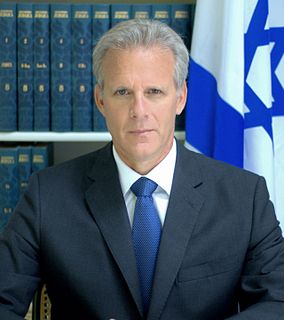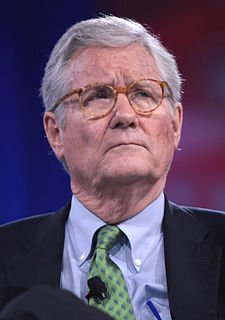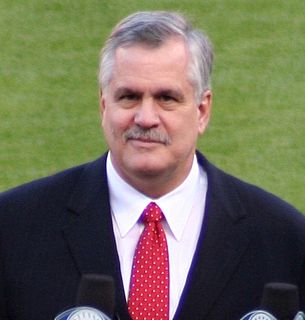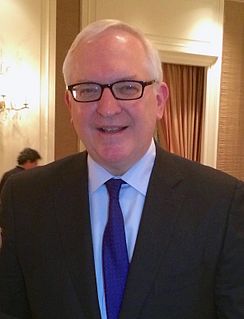A Quote by Jonathan Chait
Netanyahu and his coalition have no strategy of their own except endless counterinsurgency against the backdrop of a steadily deteriorating diplomatic position within the world and an inexorable demographic decline. The operation in Gaza
is not Netanyahu’s strategy in excess; it is Netanyahu’s strategy in its entirety. The liberal Zionist, two-state vision with which I identify, which once commanded a mainstream position within Israeli political life has been relegated to a left-wing rump within it.
Quote Topics
Against
Backdrop
Been
Coalition
Counterinsurgency
Decline
Demographic
Deteriorating
Diplomatic
Endless
Entirety
Except
Excess
Gaza
His
Identify
Inexorable
Israeli
Left
Left-Wing
Liberal
Life
Mainstream
Netanyahu
Once
Operation
Own
Political
Political Life
Position
State
Steadily
Strategy
Two
Vision
Which
Wing
Within
World
Zionist
Related Quotes
Benjamin Netanyahu has made the official policy of the Israeli government the two-state solution, at a time when he had opposition from many quarters. That is his official position. He remains publicly committed to it, but not just publicly; also in diplomacy, totally committed to moving swiftly toward that solution.
I'll tell you whose view on [Bashar] Assad is the same as mine. It's Prime Minister [Benjamin] Netanyahu. Prime Minister Netanyahu has said Israel doesn't have a dog in that fight because Assad is a puppet of Iran, a Shia radical Islamic terrorist, but at the same time, Prime Minister Netanyahu doesn't want to see Syria governed by ISIS.
Many times when people have a vision, they think in terms of a big vision - I want to take my city for Christ. But the problem with many pastors and this type of vision is this: they haven't developed the strategy to fulfill that vision. A pastor preaches a dream or vision to his/her people, they get excited for a week, a month, or a couple of months, but there is no strategy, planning, or process to fulfill that vision.
Japan's diplomatic efforts could have had a broader international perspective. Relations with the U.S. are, of course, the cornerstone of Japan's diplomacy, but the U.S. acts on its global strategy. For instance, Washington suddenly got closer to China in the early 1970s as part of its strategy against the Soviet Union.



































